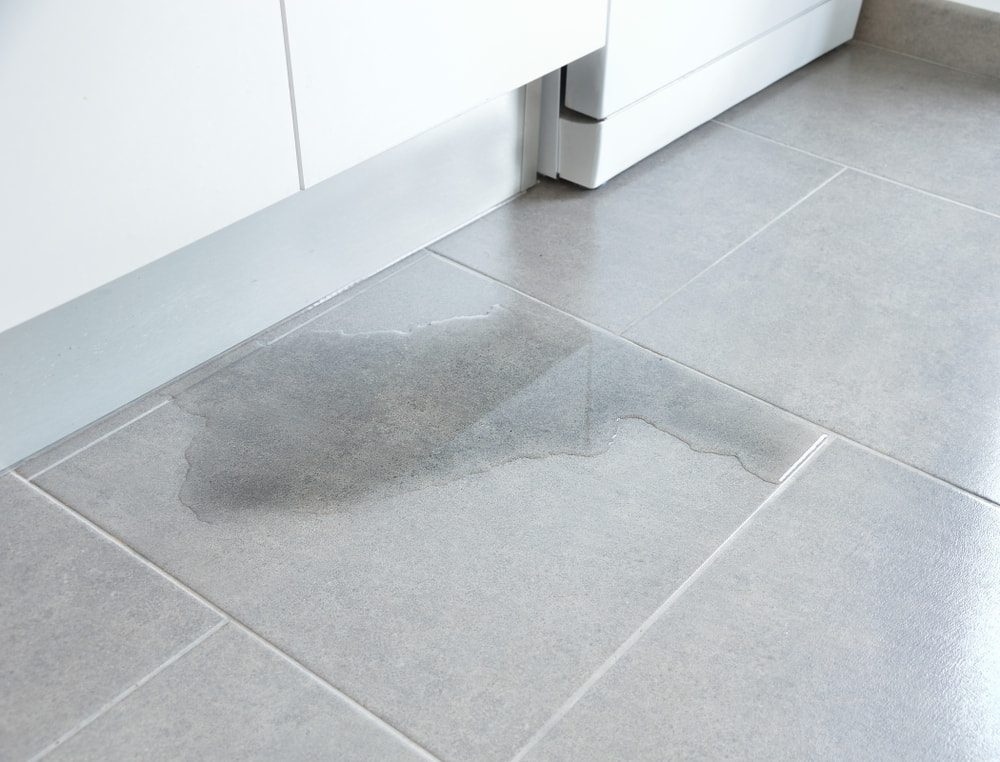April 3, 2025
Full Guide to Detecting a Source of Slab Leak
A slab leak is one of those hidden plumbing nightmares that can quietly drain your wallet and wreck your foundation if it goes unnoticed. Since the pipes in question are buried underneath the concrete slab of your home, the signs can be subtle at first, but once the damage starts creeping in, it can escalate fast. We’re talking mold, warped flooring, high water bills, and even foundation cracks.
The good news? With the right know-how and a bit of help from specialists in slab leak detection near you, there is every chance you’ll manage to deal with the issue before it becomes a full-blown disaster. In this guide, we’ll break down the most common signs, how to zero in on the source, and what your next steps should be if you suspect one. Whether you’re a DIY enthusiast or just want to be informed before calling in a pro, this is your go-to walkthrough.

How to tell where a slab leak is?
A slab leak happens when a water line that runs beneath your home’s concrete slab foundation starts to leak. It could be due to pipe corrosion, poor installation, shifting soil, or even high water pressure over time. Since the leak is under the concrete, you’re not going to see water spraying everywhere, but the symptoms can still show up in and around your home.
Signs you might have a slab leak
Catching it early is key, so keep an eye out for these telltale signs:
- Unexplained high water bills: If your usage hasn’t changed, but your bill has spiked, water may be leaking somewhere under the slab.
- Hot spots on the floor: If part of your floor feels warm for no good reason, it might be a leaking hot water line underneath.
- Cracks in your flooring or walls: As the water undermines your foundation, you might start noticing shifts and stress cracks.
- The sound of running water: If everything’s off, but you still hear water flowing, that’s a red flag.
- Mildew or damp carpets: Water seeping up from below can lead to musty odors, damp flooring, or visible mold.
Step-by-step guide to detecting the source
Let’s break down how to actually pinpoint where the leak is coming from.
1. Shut off the water & monitor the meter
Turn off all the water in your home and check your water meter. If the dial keeps spinning, water is still flowing somewhere—and that’s your first sign of a hidden leak.
2. Do a pressure test
A plumber can perform a pressure test on your plumbing system. If the system doesn’t hold pressure, that means water is escaping—and a slab leak is one possible culprit.
3. Use thermal imaging
Infrared thermal cameras can detect temperature differences through the slab. Leaking hot water lines will usually show up as distinct warm areas.
4. Listen for leaks
Acoustic listening devices are specially designed to pick up the sound of water escaping from pipes under concrete. These tools can narrow down the exact spot of the leak without digging anything up.
5. Gas tracer method
Some pros will pump a harmless gas into your plumbing system and use a sensitive detector to pick up where it’s escaping. This is especially helpful when visual signs are limited.
While there are a few DIY steps you can take to confirm your suspicions, slab leaks usually require specialized equipment to confirm and fix. If you’re seeing more than one of the signs above, it’s worth getting a licensed plumber involved.
Where can I find dependable slab leak detection near me in Chula Vista & beyond?

With years of on-field experience and a sharp eye that spots problems early, Bob the Plumber is all you need to keep your plumbing flowing smoothly and safeguard the comfort of your home. From expert knowledge of common causes of slab leaks and experience at detecting the warning signs of leaking slabs to proven expertise in alleviating the issue with minimum inconvenience, we have the tools and the personnel to rise to every plumbing challenge.
Just give us a call and you’re free to get away from the house and relax at Otay Valley Regional Park while we get down to the nitty gritty. Contact us without delay!
Related Articles
What Should I Do In Case of a Slab Leak
Dealing with a slab leak? A slab leak can sound like a worst-case scenario, but the truth is, with the …
7 Most Common Causes of Residential Slab Leaks
Slab leaks are a homeowner’s nightmare. They creep in silently, causing damage beneath the surface before you even realize there’s …
10 Common Warning Signs That You Have a Slab Leak
Slab leaks are one of those hidden plumbing nightmares that homeowners dread. They don’t make themselves obvious right away, and …
